MARKET OVERVIEW
The Global Precision Manufacturing Market within the manufacturing industry which will stretch the limits of what technology and engineering are capable of doing. Operated under tight tolerances, this sector delivers components with micron-level accuracy for industries wherein even minute variations might differ in performance severely or lead to outright failures. As technology advances, this market will further refine its capabilities and, at the same time, be a platform for entirely new production methodologies demanding high precision, customization, and seamless integration with digital platforms.
Therefore, strengthening its international diversification in recent years will house as most sectors: aerospace, medical devices, microelectronics, energy systems, and so on. Not production efficiency per se shall be forcing these changes, rather the pressures from next-generation applications. Higher accuracy than ever will be a must for medical implants/surgical instruments, along with materials that can be machined precisely, and under stringent quality control protocols. Also, aerospace components that operate under harsh conditions will have to be built through manufacturing processes that have no tolerance for errors while enhancing sturdiness without adding weight.
Technology is a dual-edged sword in this market: a challenge and enabler. Additive manufacturing, advanced CNC systems, and nanomanufacturing techniques have crossed the barrier and will no longer be auxiliary methods but will be at the core of many production lines. Production paths directed by machine learning will enable adaptive manufacturing processes to correct deviation as it occurs. This development will enhance not just the outputs but also open the door for manufacturers to work with more complex geometry and newer materials previously thought to be incompatible with traditional machining techniques.
Integrated quality assurance will be the other change agent in Global Precision Manufacturing. The 'old' way of carrying out quality control after production will simply not be sufficient to satisfy future demand. Instead, real-time monitoring systems embedded in production lines will collect data at every stage to ensure that the final products meet the ever-narrowing specifications. Such systems will be relied upon for assuring traceability and accountability, which are now mandatory to function in a highly competitive and regulated environment.
Thus, in terms of regional structure, there will be more change than ever. While North American and European countries will continue to dominate in innovation and new-generation infrastructure, other Asia-Pacific countries will invest in smart manufacturing hubs intended to meet local demand and for exports. The strategic decentralization of the industry will be supported through technical partnerships, cross-border collaborations, and knowledge-sharing platforms aimed at promoting technical excellence rather than cost efficiency.
Global Precision Manufacturing market is estimated to reach $9,743.9 Million by 2032; growing at a CAGR of 8.1% from 2025 to 2032.
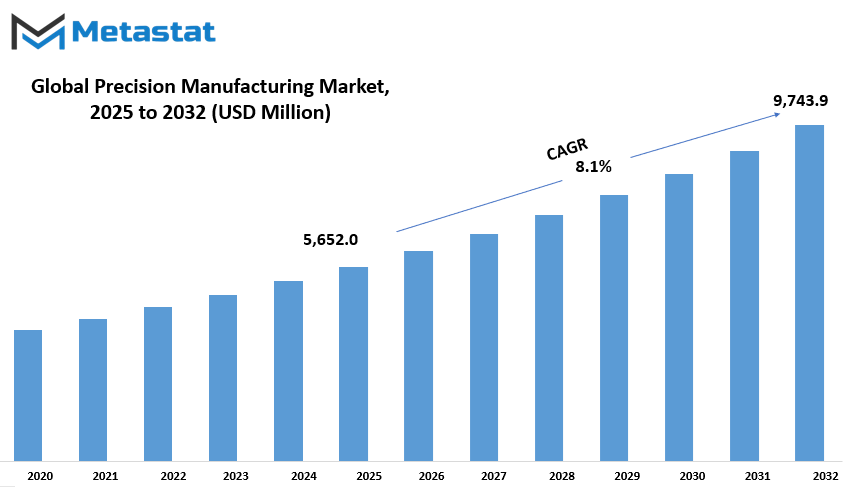
GROWTH FACTORS
The Global Precision Manufacturing market is observing robust growth, which is mainly propelled through the ever-growing applications of extremely precise components in industries such as aerospace and medical. These two industries necessitate precise measuring and flawless quality, which are the chief attributes of precision manufacturing. Using examples from aerospace, even the smallest components must meet strict safety and performance standards, while in the medical field, tools and devices need to be crafted with extreme accuracy to ensure function and safety. As these industries continue to grow, so will the pressure to have more sophisticated equipment; thereby, the need for precision manufacturing will most likely remain on the rise.
Another factor driving this market's growth is the rapid improvement of CNC machines and automation technologies. Importantly, these tools have increased manufacturing speed and accuracy, making it easier for firms to create complicated components consistently. These technologies became widely available and efficient so that manufacturers could increase the quantity of output and reduce human errors, thereby raising the overall quality. Continuous production is also the benefit that automation provides for businesses trying to meet rising demand without sacrificing quality.
The market has many challenges, challenges like high set-up and operating costs of production facilities for precision manufacturing. A significant number of initial investments is required in installing machines and technology, and the same can go high on an operational and maintenance basis too. This may hold true for small companies lacking budget financial resources for state-of-the-art technology purchase. Furthermore, there is a talent gap in the area of skilled personnel who can work on/manage such machines. Consequently, keeping pace with production while maintaining efficiency becomes increasingly difficult.
Despite the challenges, there are still plenty of chances for growth. More businesses adopt the industry 4.0 and smart manufacturing strategies that connect digital tools and data analytics for smarter, more effective decision-making and improved production efficiency. These technologies enable enterprises to enhance their productivity with real-time monitoring of processes and early problem detection before they escalate. Also, the growing usage of precision parts in electric vehicles and renewable energy systems is opening new horizons for manufacturers. With this development of the industries, they would require good-quality components, thus leaving a wider scope for growth in the area of precision manufacturing.
MARKET SEGMENTATION
By Type
The global precision manufacturing market is undergoing considerable transformations due to various industries moving toward high-end technologies in order to improve product quality and increase the speed of production methods. In a nutshell, precision manufacturing includes important processes that are involved in making parts with very high degrees of accuracy and consistency for use in various sectors. CNC Machining is one of the major kinds among the processes, which accounts for $2,296.4 million in revenue. It is a process of using computer-controlled tools to cut and shape materials with extreme precision. The primary applications of CNC machining are aerospace, automotive, and electronic industries, wherein even a small mistake in measurement can create havoc in the final product.
The other important type of this market is known as Additive Manufacturing, otherwise more commonly referred to as 3D Printing. The concept behind 3D printing is constructing parts layer by layer, with the use of plastics or powders of metals as feedstock. It fast-tracks prototyping and reduces material waste, saving time and cost for the companies. Precision Forging is another major element within the market. It refers to the forming of metals through compressive forces rendering parts that are often more robust and harder than equivalent castings.
In this area, there is also Precision Casting. It is the process of pouring molten metal into the mold to create complex shapes with a smooth finish. This method is very efficient in producing complex parts that not only require detail but also strength. Next is Precision Stamping, in which metal sheets are shaped using a stamping press. It is a fast and cost-effective way to produce large volumes of identical parts, which are commonly used in electronics and appliances.
The "Others" category comprises newer or less-well-known processes that lend themselves-in small measure-to the overall growth of the precision manufacturing market. They may not as yet lend themselves fully to applications; however, the product requirements benefit from their individual advantages.
The demand for precision manufacturing is destined to rise with industries such as defense, medical, or energy sectors demanding even more accurate and especially more reliable parts. On the other hand, companies are continuously searching for ways to produce more while minimizing waste and costs. It is through these kinds of manufacturing processes that the above requirements meet high standards. The precision manufacturing market grows as more businesses search for even better ways of manufacturing products that are effective as well as really efficient in terms of production and, of course, performance. The focus will remain on the manufacturing methods ensuring speed, accuracy, and cost controls with quality.
By Operation
Precision manufacturing is an invaluable input into the modern industrial world with its innovative solutions for accurate, efficient, and consistent production. The heightened need for precision in manufacturing is a response to advancing technology and industry demands for greater performance. This market feeds into aerospace, automotive, electronics, and healthcare sectors, where precision does matter; a very small mistake can thwart an entire project. Precision manufacturing gives everything from detailed aircraft components to finely shaped tools used in medical procedures to provide quality and performance the industry depends upon every day.
By function, the market constitutes Manual Operation and CNC Operation. Manual Operation still remains important, especially in specialized works where a human's touch is required. Artisans work with a variety of hand-operated tools and machines to shape, cut, or join parts, doing so carefully and attentively. While this is a slower process, sometimes limited in speed and volume, it is also frequently suited for custom pieces, repair, or projects needing design input or fine-tuning. Some knowledgeable machinists are an asset in such jobs where there are factors that cannot be given due consideration by machines.
On the contrary, CNC Operation is being used widely by industries these days in an attempt to cut down on production speed and introduce uniformity. CNC stands for Computer Numerical Control. In CNC, programmed software controls the operation of machines such as mills, lathes, and routers. Such machines are suitable for high-volume operations that need identical sizes, shapes, and details of a product, while CNC eliminates possible errors and wastage by working through exact inputs. Thus, it finds application in scenarios where mostly quality, time, and cost are under consideration. Additionally, CNC machines allow for complex designs that would take a lot longer in manual production, also promoting safety by reducing human interaction with sharp or moving components.
Till now, the future of the Global Precision Manufacturing market seems to tie closely with both kinds of operations. With CNC machines taking the lead in increasing productivity, manual operations still see relevance in areas where machining nevertheless cannot do appropriately. The balance between the two is a reflection of what is appreciated by different sectors while still underlining the need for quality, speed, and cost considerations. As demand increases, both operations will remain equally important in the future of how products are made.
By Application
The Global Precision Manufacturing market is steadily growing too, with applications spreading across several important industries. In one major area of concern, Aerospace and Defense Components, these industries require parts that are not only strong and reliable but also extremely accurate. Even the smallest error in any of these areas can affect performance, whereby precision manufacturing comes into play by ensuring that everything fits and functions perfectly. From jet engine parts to defence systems, companies need and rely on these components, manufactured with the highest precision, to meet stringent safety and performance standards.
Next important, we have Medical Devices and Implants. This sphere demands high accuracy because the devices are utilized directly into or onto human bodies. Any mistake with size or shape could trigger serious health issues. Precision manufacturing allows the production of such items as surgical tools, joint replacements, and dental implants with precise measurements. This makes the doctors do their job efficiently and the patients with lesser risks.
Precision manufacturing assures the appropriate functioning of auto interior/exterior components or tools: safe and uninterrupted. With the advent of electric and hybrid plants, needs for advanced parts have grown. The specifications in all fields, from engine parts to brake systems, must be met with utmost precision. This gives an edge for the vehicle in terms of reduced emissions and better fuel efficiency.
Semiconductor and Electronics Manufacturing is another field. With the downsizing of devices, parts that fit in tiny spaces are in demand. Precision manufacturing guarantees that chips, circuit boards, and components are manufactured to tight size tolerances so that they will function as anticipated. Without such precision, many of the elements that comprise the modern gadgets we so heavily rely on for our day-to-day activities would not have been possible.
On the other hand, precision manufacturing helps Industrial Equipment and Tools. The tools must be accurate and durable in most instances since the working environment is challenging. On the other hand, the tools must deliver reliably whether they be for cutting, drilling, or assembling materials. In this way, their productivity would not be impaired, and costly delays would be avoided.
These are all the other specialized applications: where precision grinding, micro machining, laser cutting and welding, EDM, and ultrasonic machining come in. These applications come into play when higher accuracy or a special shape is required. Each of them contributes to the support of industries that depend on exact parts for proper and safe operation.
|
Forecast Period |
2025-2032 |
|
Market Size in 2025 |
$5,652.0 million |
|
Market Size by 2032 |
$9,743.9 Million |
|
Growth Rate from 2025 to 2032 |
8.1% |
|
Base Year |
2024 |
|
Regions Covered |
North America, Europe, Asia-Pacific, South America, Middle East & Africa |
REGIONAL ANALYSIS
The Precision Manufacturing market is an arable one across different global regions, each presenting specific developments and opportunities. The market can be broken down broadly into five key areas: North America, Europe, Asia-Pacific, South America, and the Middle East & Africa. The major countries that make up North America include the United States, Canada, and Mexico. All the three countries have (1) matured manufacturing set-ups, (2) established use of relative technology, and (3) a strong focus of supporting innovations. Particularly, the USA is leading this group because of ongoing investments in automation and a large demand for high-quality components used for different purposes in sectors, such as aerospace, automotive and healthcare. Canada and Mexico also form an important part, mainly contributing to cross-border supply chains and economic manufacturing.
In Europe, major countries include the UK, Germany, France, and Italy, while other countries are generally included with the term Rest of Europe. Germany is very much reputed because of its long history of engineering coupled with concentration on high-precision tooling and machinery. The UK and France are much engaged in upgrading their production technology while Italy is still celebrated for the mastery of its craftsmanship. The workforce is thus skilled and has strong countries with manufacturing traditions such that they produce reliable and quality products. Rest of Europe has also pockets of growth nourished by increased investments and accessibility to the larger European market.
Asia-Pacific is still one of the most rapidly emerging regions for this market with the highly industrialized countries in that region: India, China, Japan, and South Korea. China remains number one as it boosts production through enabling government policies and abundant supply of raw materials. Japan and South Korea are quite distinguished in their application of sophisticated technology with absolute quality and efficiency focus. India on the other side is also growing rapidly because of reforms in policy, increasing industrial activities, and a rising pool of skilled labor. Gradually, the rest of Asia-Pacific will capture adequate attention in terms of setting up their operations for growth in the international market.
South America is made by Brazil, Argentina, and some other countries. Brazil has its industrial base and growing demand for advanced manufacturing, thus making it the backbone. Argentina aims at modernizing its manufacturing sector and increasing its production capacities.
Middle East & Africa: Regional leaders in the Middle East & Africa include the GCC Countries, Egypt, South Africa, and the Rest of Middle East & Africa, with the GCC Countries being heavily invested in diversifying their economies into manufacturing. They aimed growth in industrial development along with partnerships and infrastructure developments, particularly by South Africa and Egypt.
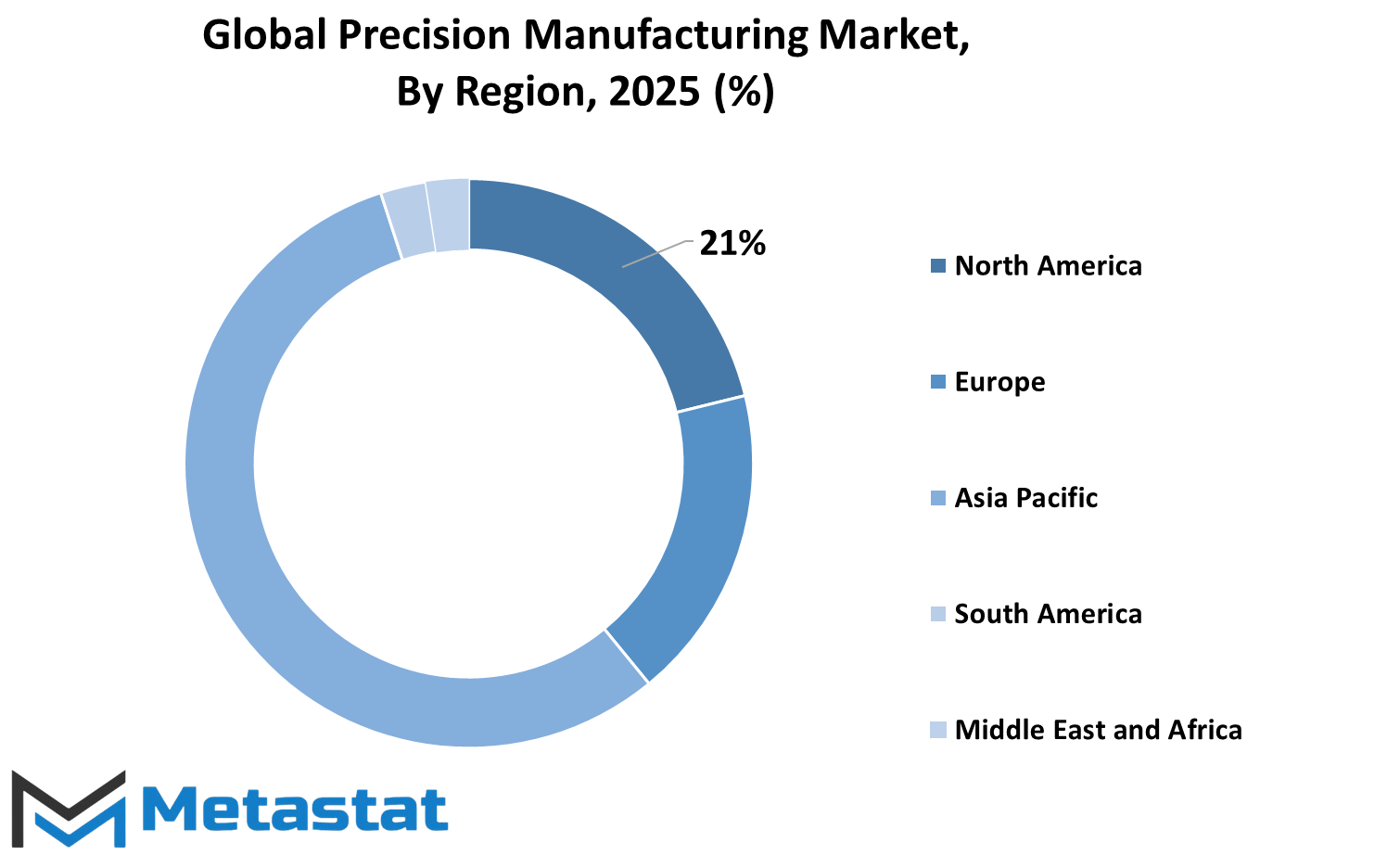
COMPETITIVE PLAYERS
Over the past several years, the Global Precision Manufacturing market has been experiencing steady growth and expansion as industries demand high-quality, accurate components. In turn, the industry consists of companies engaged in making parts and products with very tight tolerances and consistent performance. Key Precision Manufacturing industry players are Precision Machining Group; Auer Precision; Brown Precision, Inc.; CPM Machining; Inc.; Morrissey, Inc.; Ego Manufacturing Group; Swiss Technologies, Inc.; Melling Tool Co.; Sorenson Engineering; Inc.; Cox Manufacturing Company; Acacia Machining; GF Machining Solutions; DMG MORI AG; Amphenol Precision Optics GmbH. These manufacturers deliver specialized small engineering services which find application in aerospace, medical devices, automotive, and electronics.
Precision manufacturing depends on a mix of up-to-date tooling and human skill to ensure that each part meets the exact design standards. CNC machining, laser cutting, and milling are some of the methods being used for manufacturing complex and highly reliable components in the precision engineering sector. These techniques help reduce wastage by saving time and enhancing quality, which is vital for companies existing in a competitive environment. With advancement in technology, most manufacturers have automated and digitalized their systems for maximum efficiencies and accuracy. Machines stand paramount in the manufacturing of precision engineering products; however, human supervision is an utmost necessity to guarantee quality and identify small problems that may sometimes elude the machines.
If a company survives in this market, it therefore depends on its ability to embrace change and improve processes with very little compromise on quality. Precision parts are expected to operate in the most extreme real conditions, with standards therefore having to be met by the manufacturers. This means that even a slight error can set back or bring down an entire system. Hence, trust and experience count a lot in this science. Well-established companies with a strong track record tend to win themselves long-term contracts and reputations.
Due to the rise of high-tech solutions needed by a number of industries, demand for precision-manufactured parts would be expected to go up globally. Whether for medical implants or for aerospace components, the demand for parts that meet exact measurements is only going to increase. The companies mentioned above have all made a name for themselves by providing reliable service, creating strong relationships with their clients, and staying on top of new technologies. As the market takes off, those firms that are foremost in their minds with quality, speed, and innovation will stay near the top within the precision manufacturing field.
Precision Manufacturing Market Key Segments:
By Type
- CNC Machining
- Additive Manufacturing (3D Printing)
- Precision Forging
- Precision Casting
- Precision Stamping
- Others
By Operation
- Manual Operation
- CNC Operation
By Application
- Aerospace & Defense Components
- Medical Devices & Implants
- Automotive Components
- Semiconductor & Electronics Manufacturing
- Industrial Equipment & Tools
- Others (Precision Grinding, Micro Machining, Laser Cutting & Welding, EDM, Ultrasonic Machining, etc.)
Key Global Precision Manufacturing Industry Players
- Precision Machining Group
- Auer Precision
- Brown Precision, Inc.
- CPM Machining, Inc.
- Morrissey, Inc.
- Ego Manufacturing Group
- Swiss Technologies, Inc.
- Melling Tool Co.
- Sorenson Engineering, Inc.
- Cox Manufacturing Company
- Acacia Machining
- GF Machining Solutions
- DMG MORI AG
- Amphenol Precision Optics GmbH
WHAT REPORT PROVIDES
- Full in-depth analysis of the parent Industry
- Important changes in market and its dynamics
- Segmentation details of the market
- Former, on-going, and projected market analysis in terms of volume and value
- Assessment of niche industry developments
- Market share analysis
- Key strategies of major players
- Emerging segments and regional growth potential



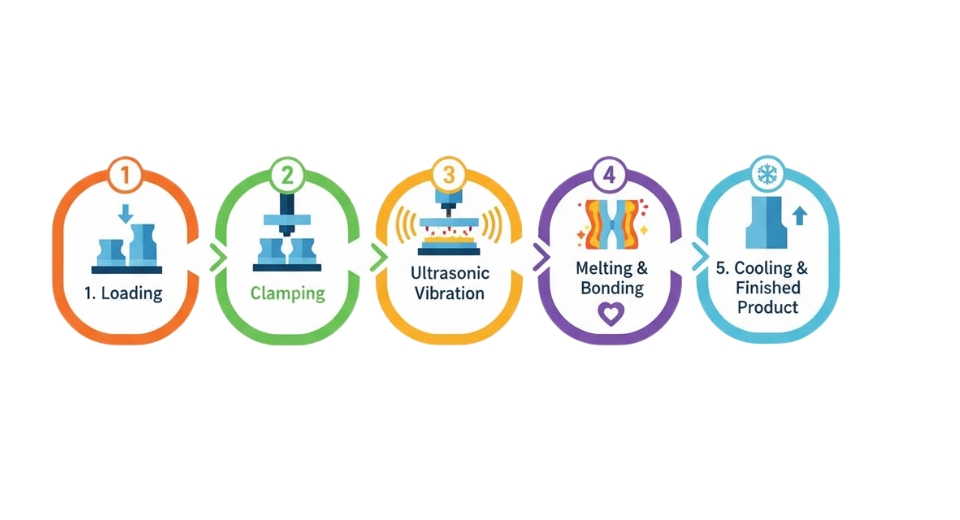
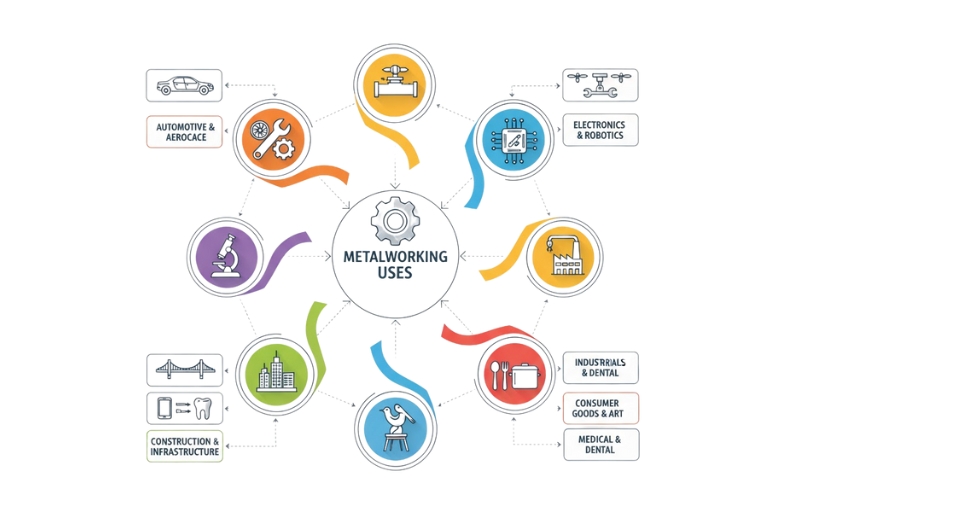
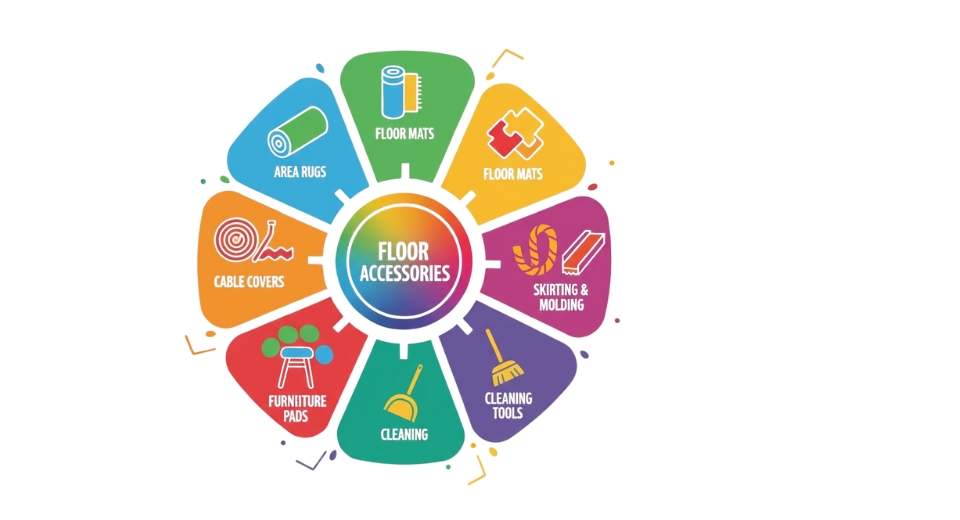


 US: +1 3023308252
US: +1 3023308252






